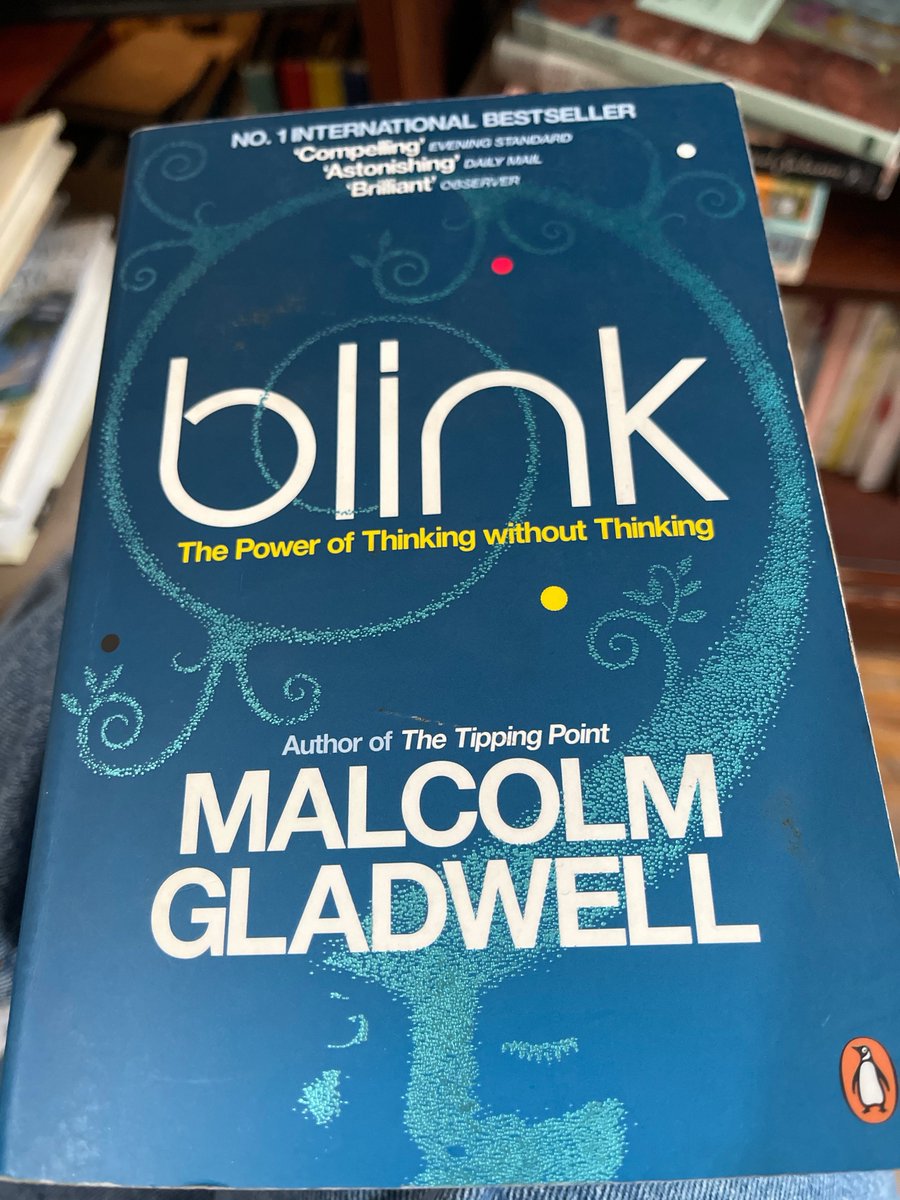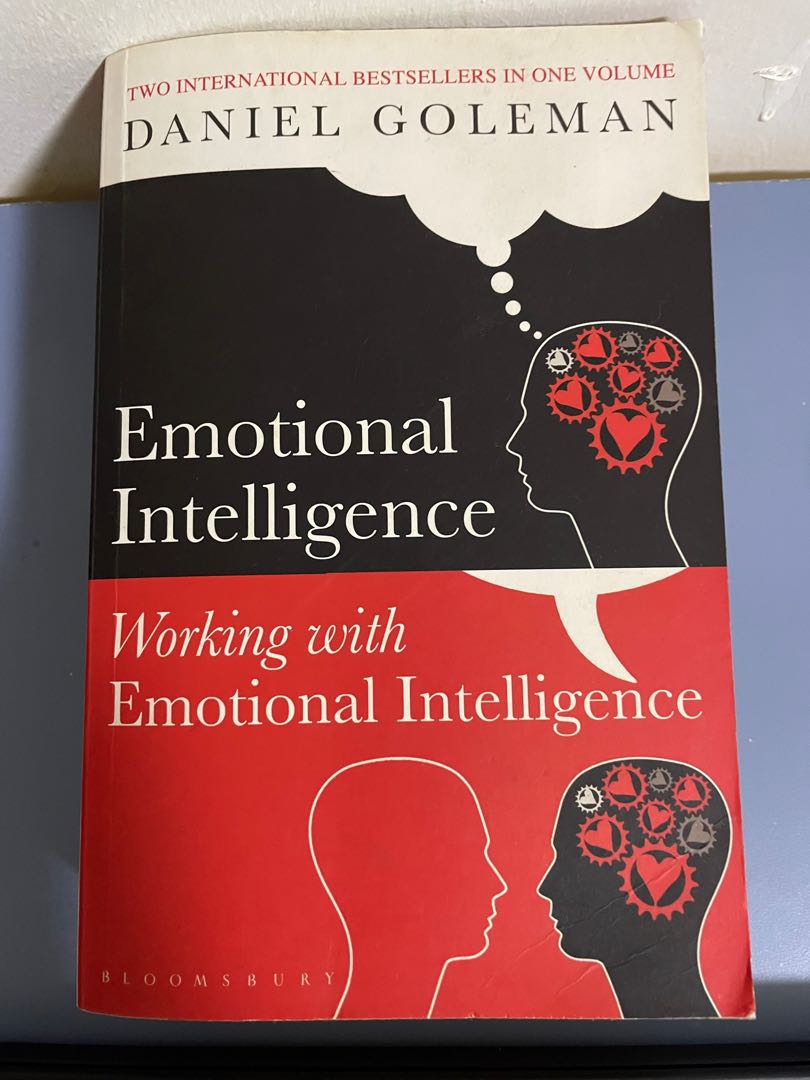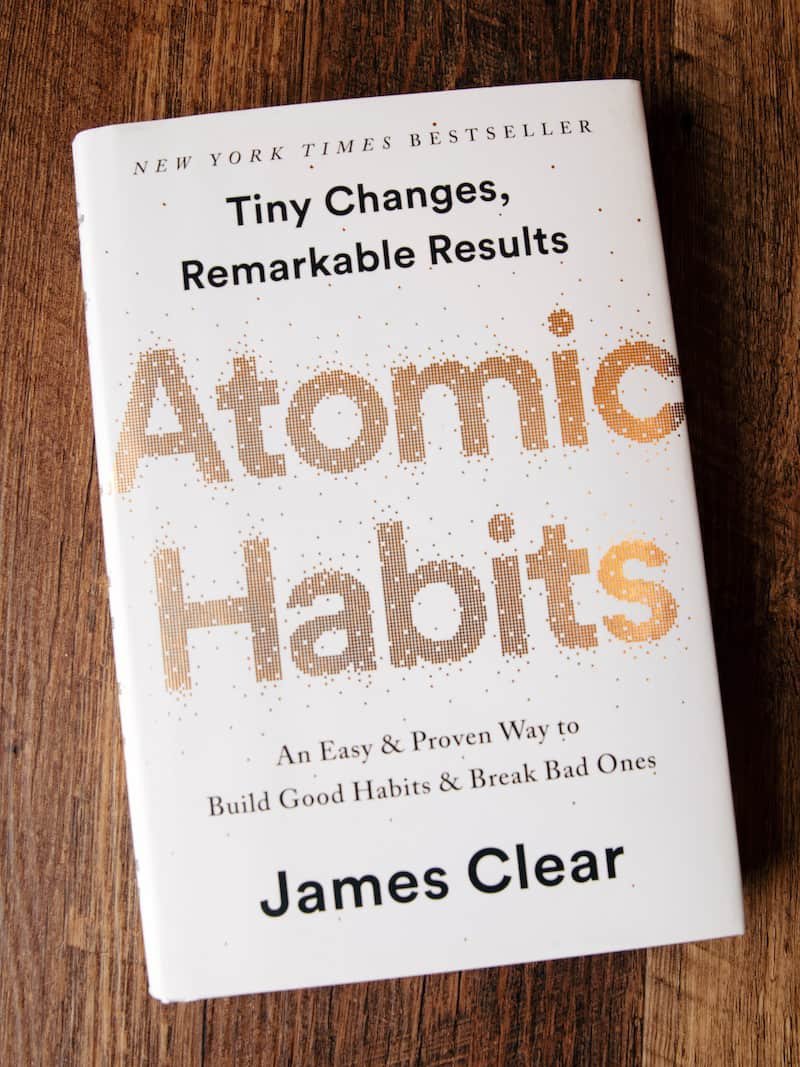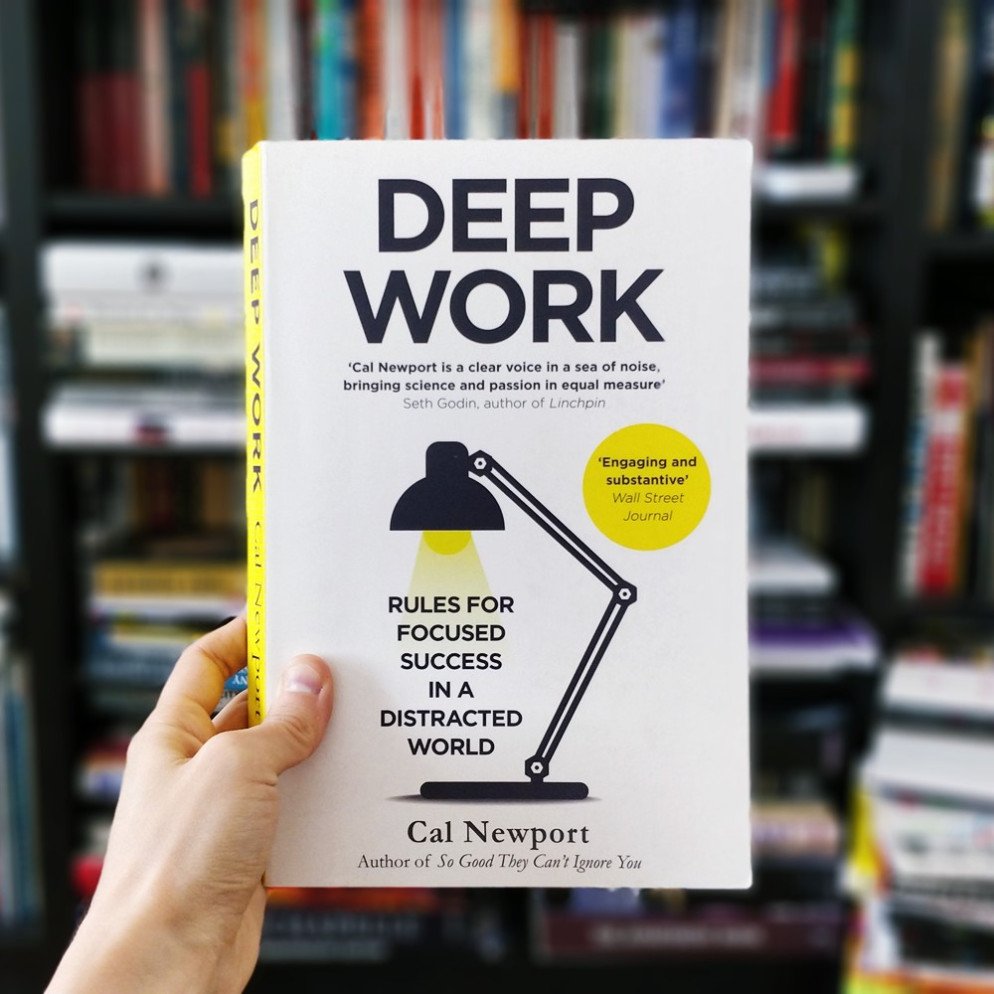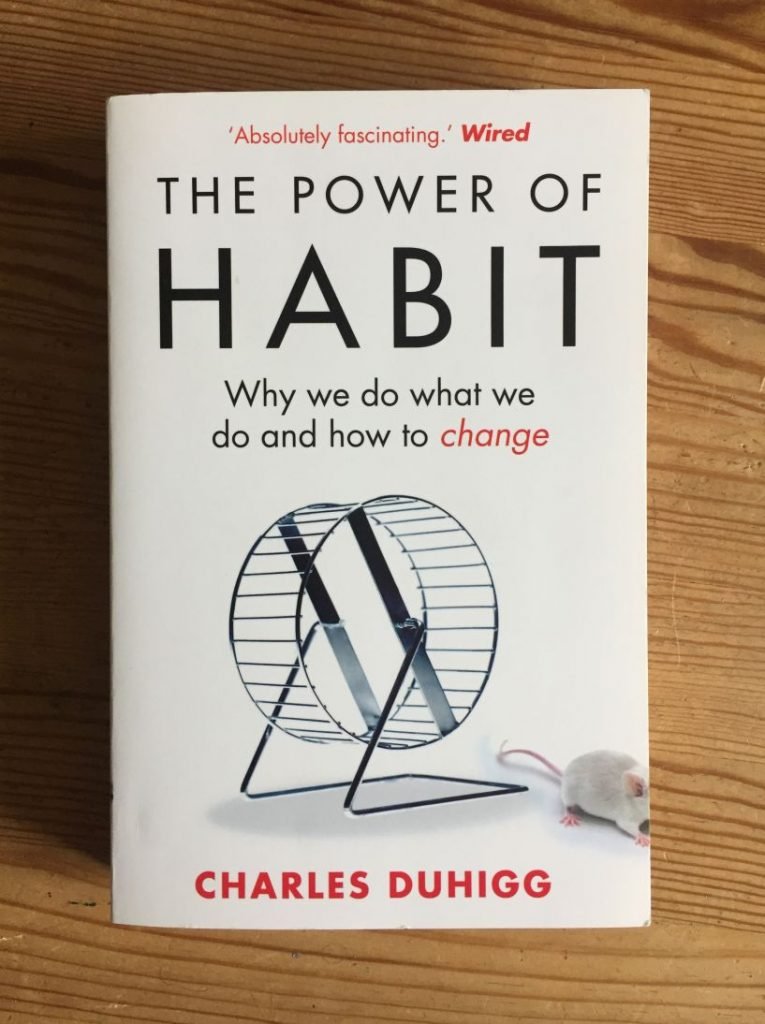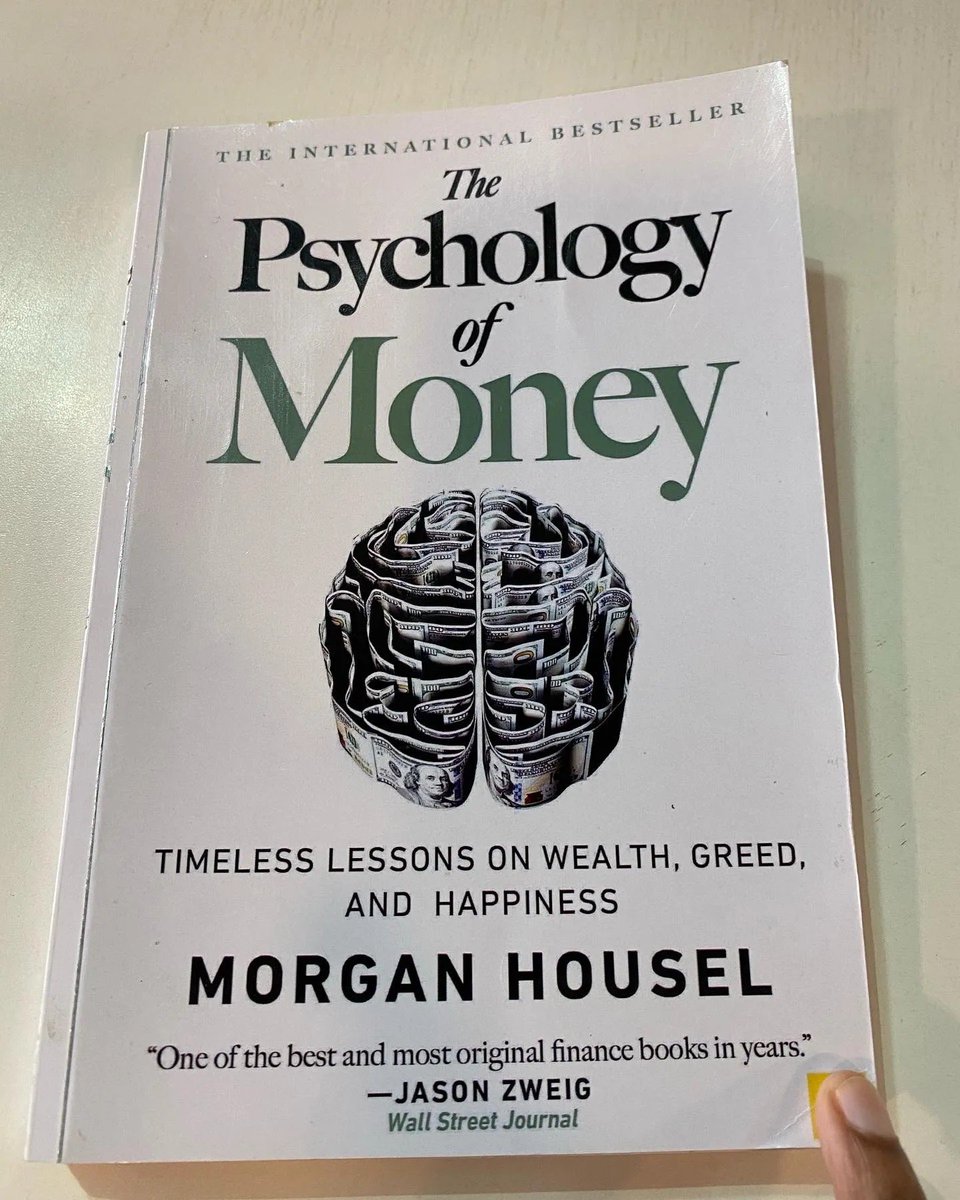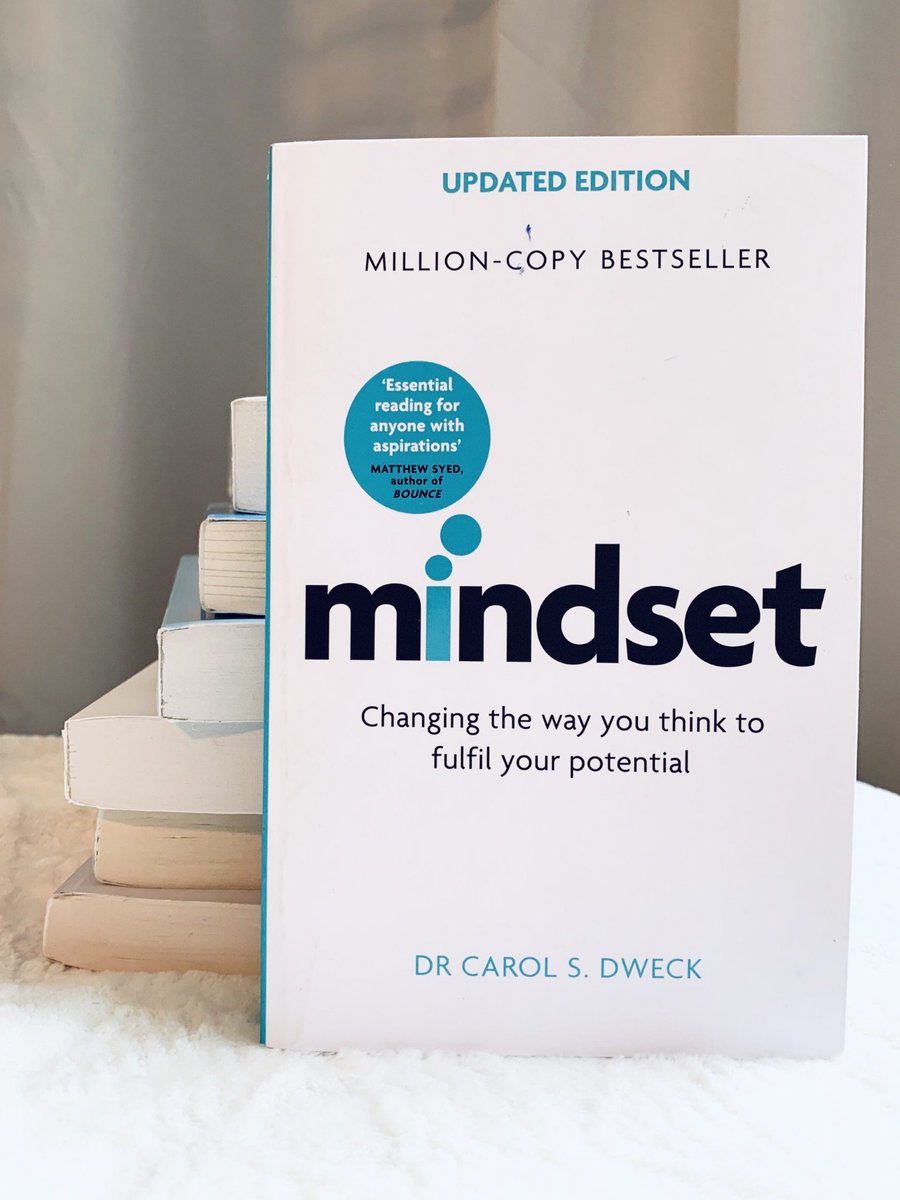1/ 22
By far the best book I have read in a long long time.
One can simply begin from any page,for each note makes so much sense that we get lost in them , sometimes chuckling & often amazed .
Here are MY learnings from
" A Book of Simple Living" by Ruskin Bond.
2/22
The book is enriched with life lessons . Most profound of all for me being ,
#Life is simple despite all its hardships and complexities .
For the purpose of life is to live ....
Now, how we choose to live our life makes it simple or complicated.
3/22
Do we chase #happiness by climbing infinite mountains in the quest for fame & wealth or do we savour the goodness in the little things that often come our way but go unnoticed and unappreciated by us ?
For ultimately , " It is the little things that matter the most ".
4/ 22
#Forgiveness is the key to a good night's sleep . We clutter our minds when we cannot forgive.
We may be wronged many a times but one must learn to forgive even without receiving any apology .
For then the day's deeds are truly done .
5/22
#Nature is the best teacher and companion .
She gives us everything , expecting nothing in return .
But she is a force to reckon with when meddled with ...
Be like nature - generous and kind always but don't let others take you for granted .



